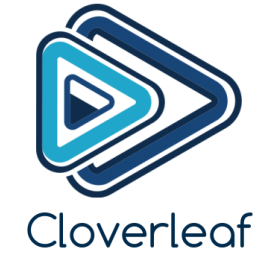Agent self-evaluation is the process of analyzing and assessing the performance of a real estate agent in the business of buying and selling property. It involves the evaluation of an agent’s skills and abilities, as well as their overall effectiveness in the industry. Self-evaluation is a critical part of an agent’s development as it can help identify areas for improvement and highlight successes.
When done correctly, an agent self-evaluation can provide invaluable information and insight into the agent’s performance. It can also help agents to create goals and plans for improvement, which can ultimately lead to greater success in the real estate industry.
The Benefits of Self-Evaluation
Self-evaluation can provide a number of benefits for real estate agents. It can help agents to:
- Identify areas for improvement. Through a self-evaluation, agents can gain insight into their areas of weakness and address them in order to improve their performance.
- Set realistic goals. By gaining an understanding of their current abilities and weaknesses, agents can set realistic goals for themselves and track progress.
- Assess their progress. Regular self-evaluation allows agents to track their performance and assess their progress over time.
- Improve their skills. Self-evaluation can help agents to identify areas where they need to develop their skills, such as negotiation, communication, and marketing.
- Build confidence. Knowing their areas of strength and weaknesses can help agents to build their confidence and become more successful in the long run.
Steps for Agent Self-Evaluation
Conducting a successful agent self-evaluation requires a certain set of steps. Agents should:
- Identify their strengths and weaknesses. Agents should take the time to assess their skills and abilities, as well as areas of improvement.
- Set goals. Agents should set measurable goals for themselves and create a plan for how to achieve them.
- Track their progress. Agents should track their progress in order to assess their improvement over time.
- Analyze their results. Agents should analyze their results to identify areas for improvement and successes.
- Take action. Agents should take action to improve their performance and ultimately become more successful.
- Track their successes. Agents should track their successes in order to measure their progress and gain a sense of accomplishment.
- Get feedback. Agents should get feedback from their peers, clients, and mentors in order to gain an outside perspective on their performance.
- Reflect. Agents should take the time to reflect on their performance and identify areas for improvement.
How to Make Agent Self-Evaluation More Effective
There are a few key steps agents can take to make their self-evaluation process more effective. These include:
- Set measurable goals. Goals should be specific, measurable, achievable, relevant, and timely (SMART).
- Monitor progress. Agents should track their progress in order to identify areas of improvement and successes.
- Utilize feedback. Agents should utilize feedback from peers, mentors, and clients in order to gain an outside perspective on their performance.
- Evaluate regularly. Agents should have regular self-evaluations in order to track progress and make adjustments as needed.
- Stay motivated. Agents should stay motivated and continue to set new goals in order to stay on track.
- Track successes. Agents should track their successes in order to recognize successes and build confidence.
- Celebrate accomplishments. Agents should take the time to celebrate their accomplishments in order to stay motivated and inspired.
- Be honest. Agents should be honest with themselves when evaluating their performance in order to accurately assess results.

